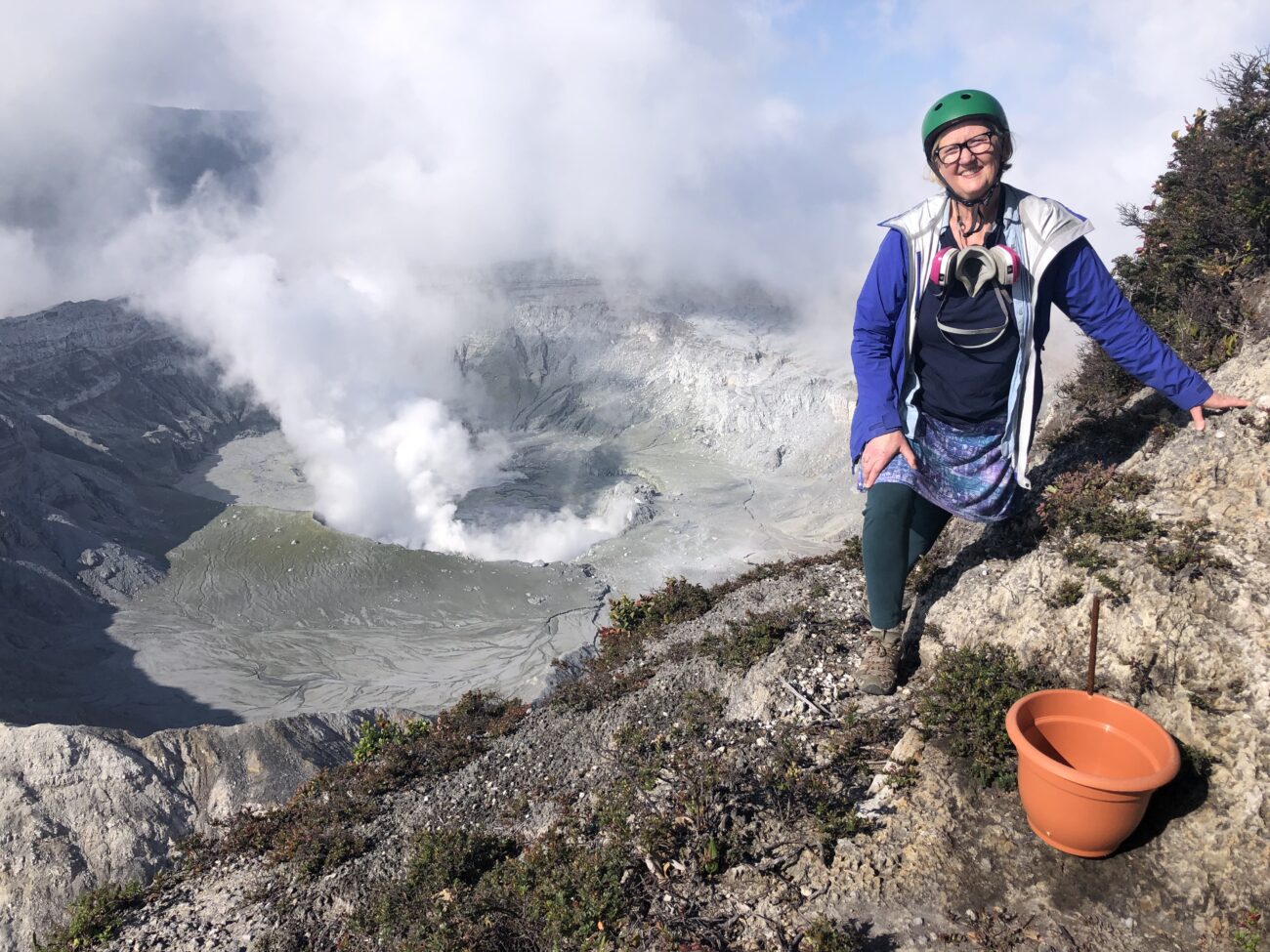COVID, Vol. 5, Pages 187: Mental Health Outcomes Among Physicians Following the COVID-19 Pandemic
COVID doi: 10.3390/covid5110187
Authors:
Politimi Kellartzi
Constantine Anetakis
Anna-Bettina Haidich
Vasileios Papaliagkas
Stella Mitka
Maria Anna Kyriazidi
Maria Nitsa
Maria Chatzidimitriou
The COVID-19 pandemic exposed the fragility of global health systems, as physicians faced extremely challenging conditions including excessive workloads, infection risk, and high patient mortality. We conducted a cross-sectional survey that aimed to assess the post-pandemic prevalence of anxiety, depression, and post-traumatic stress disorder (PTSD) in a sample of Greek physicians who worked on the frontline during the SARS-CoV-2 (COVID-19) pandemic. An online survey was conducted between 1 March and 31 July 2023, in which 200 Greek physicians were invited via e-mail to voluntarily answer a confidential online questionnaire, and 58 of them responded. The survey included two clinically validated tools: the Patient Health Questionnaire-4 (PHQ-4) and the Impact of Event Scale—Revised (IES-R). Univariate correlations of 26 exposure variables with anxiety, depression, combined anxiety/depression, and PTSD were performed. In total, 58 eligible physicians (46.6% female) participated in this study. The rates of anxiety, depression, combined anxiety/depression, and PTSD were 27.5% (95% CI: 16.7–40.9), 31.0% (19.5–44.5), 22.4% (12.5–35.3), and 24.1% (13.9–37.2), respectively. Notably none of the physicians working in a laboratory developed any mental health symptoms. The following factors were found to be associated with the development of higher mental health symptoms: age ≤ 30, employment in healthcare ≤ 10 years, working in COVID-19 wards, working in intensive care units or COVID-19 wards, a history of mental health symptoms, a history of physical conditions, shortages of materials and equipment for diagnosing or treating patients, development of a disease other than COVID-19, and the development of a new mental health condition during the pandemic (p < 0.05 for all associations). Our findings highlight the need to better prepare physicians with adequate materials, infrastructure, and psychological support such that, in a potential future health crisis, they will not be at such high risk of mental health problems.
Source link
Politimi Kellartzi www.mdpi.com

